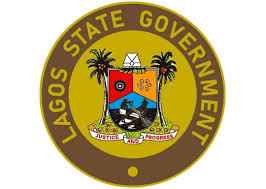Lagos Government to Begin Enforcement of E-Call-Up System for Tankers on Lekki-Epe Corridor
…Approves seven dedicated truck parks to ease traffic congestion
In a bold move to tackle chronic traffic gridlock and enhance logistics management, the Lagos State Government has announced the commencement of an Electronic Call-Up (E-Call-Up) system for tankers and articulated vehicles operating along the Lekki-Epe corridor.
The initiative, aimed at improving road safety and reducing economic losses due to traffic congestion, will officially take effect on Monday, June 16, 2025.
Speaking during a recent interview on TVC News, the Special Adviser to the Governor on Transportation, Mr. Sola Giwa, said the E-Call-Up system will regulate the movement of heavy-duty vehicles into Lagos. According to him, all drivers of tankers and articulated vehicles must now register on the digital platform and schedule their entry for loading or offloading activities.
“The E-Call-Up platform is designed to eliminate indiscriminate parking, coordinate truck movements, and improve traffic flow on the Lekki-Epe corridor,” Giwa stated.
He revealed that Lagosians lose an average of four hours daily to traffic delays, which amounts to an estimated ₦4 trillion in annual economic losses. Much of the congestion, he explained, stems from poorly regulated loading and parking practices by trucks along key routes.
Under the new policy, tanker operators will be required to upload their Authority to Load (ATL) documents and pre-book parking slots via the online platform before entering the city. The system will also capture vital logistics data, including travel and cargo details, to enable better planning and allocation of resources.
To support the rollout, the state government has approved the establishment of seven dedicated truck parks along the Lekki-Epe axis. These facilities will be equipped with essential amenities such as restrooms, kitchens, and power supply to cater to the welfare of drivers.
Giwa emphasized that the policy is the result of over two years of consultations with relevant stakeholders and aligns with Governor Babajide Sanwo-Olu’s vision to position Lagos as a smart, efficient, and livable city through sustainable transport reforms.


